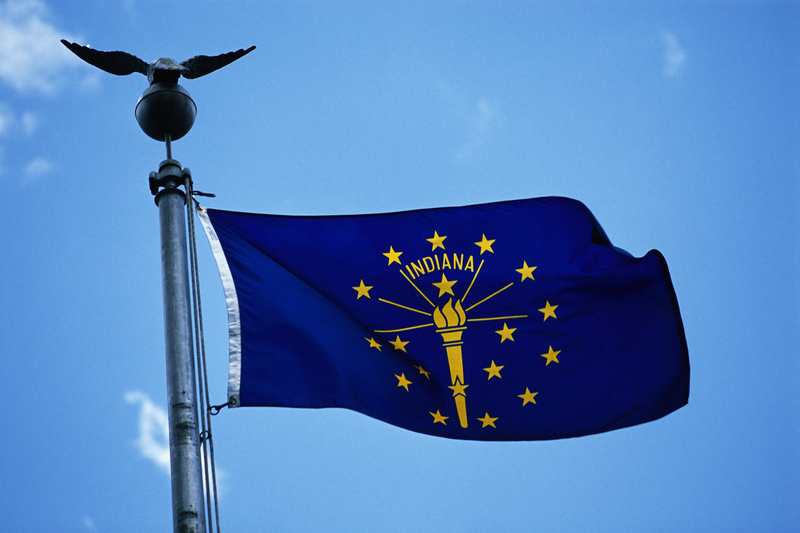Indiana Sales Tax Update for Nonprofit Organizations
Published:There have been new developments in Indiana regarding nonprofit organizations and sales tax. First, effective for 2023, the form NP-1 is replacing form ST-105 for requesting sales tax exemptions. Existing ST-105s on file will remain valid through December 31, 2023. Form NP-1 will now be used to request sales tax exemptions for new vendors.
Additionally, form NP-1 must be requested via INTIME. If a nonprofit doesn’t yet have an INTIME login, one will need created to access and prepare NP-1s. INTIME can be accessed at https://intime.dor.in.gov/eServices/_/#0 and an account can be created under New to INTIME and selecting the sign up option.
A second new development is a major change to a sales tax law that was passed in 2022. Effective July 1, 2022, through May 4, 2023, (the passage of Senate Bill 417) nonprofits are exempt from sales tax if they have sales below $20,000 in a calendar year. Senate Bill 417 changed this threshold to $100,000. Under the new tax law, nonprofit organizations are exempt from sales tax if they have sales below $100,000 in the current or previous calendar year. Additionally, all sales made by public schools, churches and places of worship, youth organizations focused on agriculture, convents, monasteries, and parochial schools are exempt from sales tax. Until the $100,000 in sales threshold is met, no sales tax needs collected by nonprofits. Once the $100,000 threshold is met, a nonprofit must register for and begin collecting, remitting sales tax.
Indiana sales tax bulletin #10 lays out details on the timing of this change. If a nonprofit had $20,000 in sales from January through April this year, it would’ve needed to register for sales tax and collect sales tax due to having sales over $20,000 before Senate Bill 417 was passed on May 4th. However, if the nonprofit doesn’t have over $100,000 in sales during 2023 (and didn’t in 2022), it doesn’t have to remain registered under the new exemption amount of $100,000 in sales and the nonprofit can close its sales tax account.
If the $100,000 in sales is triggered during a fundraising event, the nonprofit needs to register for sales tax and start collecting sales tax for all fundraising AFTER the triggering event. A nonprofit is not required to “flip the switch” during the event and start collecting sales tax mid event once it hits $100,000 in sales. It must start collecting sales tax with the next fundraising event after the event in which it hit $100,000 in sales. A nonprofit must remain registered for sales tax once hitting the $100,000 threshold until it makes less than $100,000 in sales for two consecutive years.
If you would like additional information or to discuss the topics mentioned, please contact Chaleise J. Fleming, CPA, CFE at 317-240-4485 or chaleise.fleming@greenwaltcpas.com.
